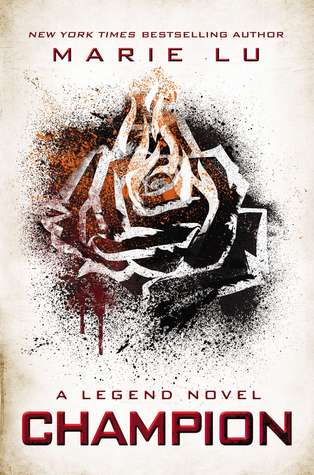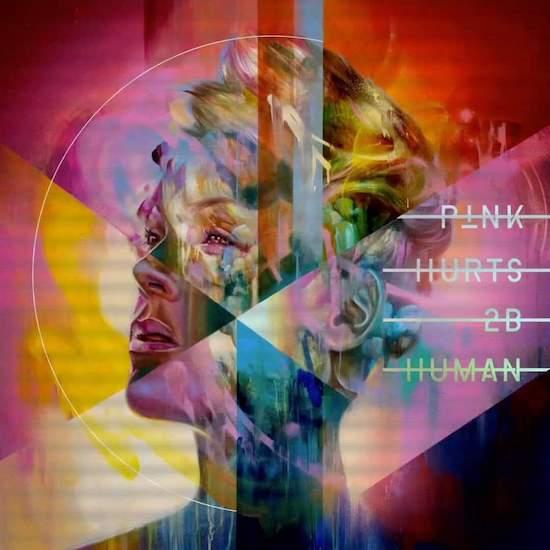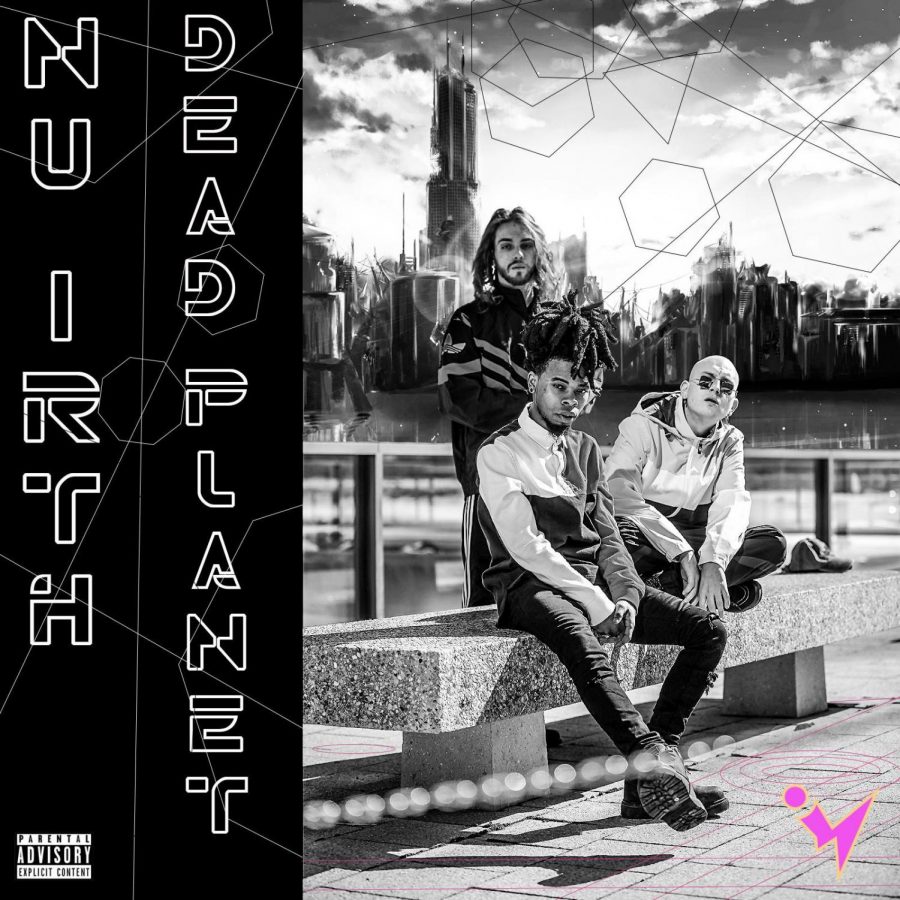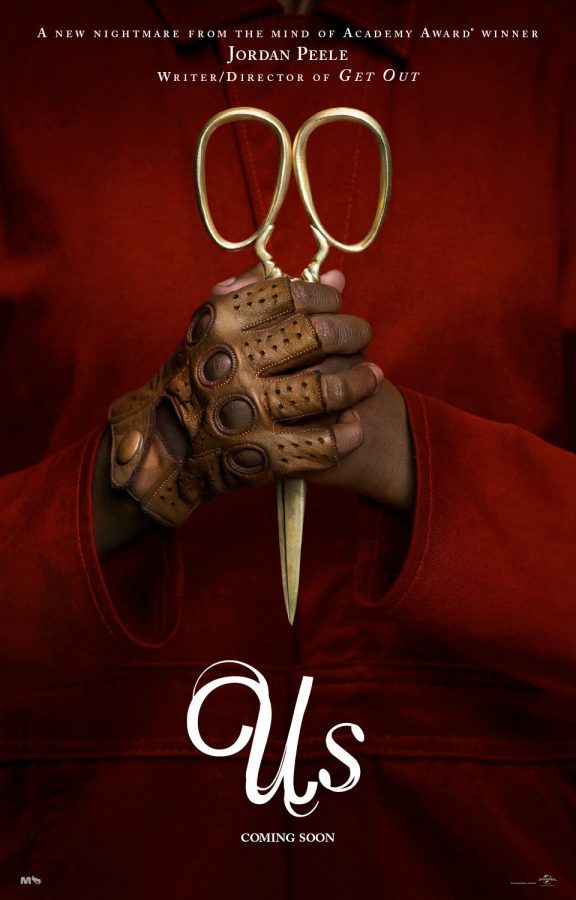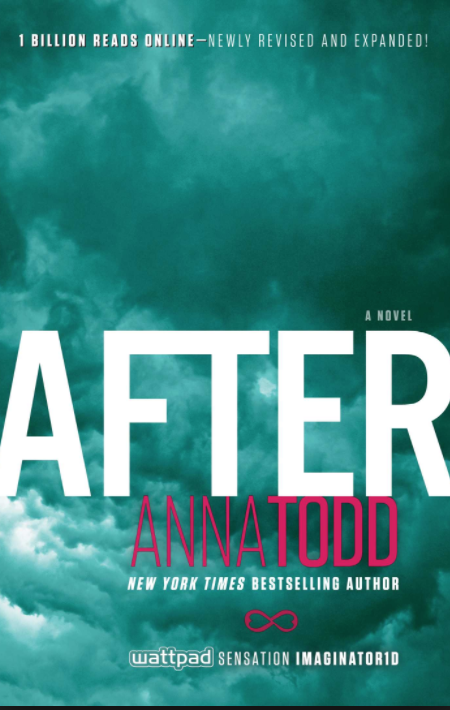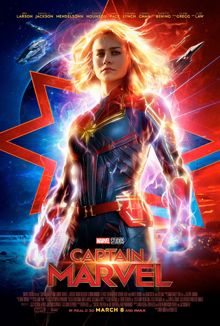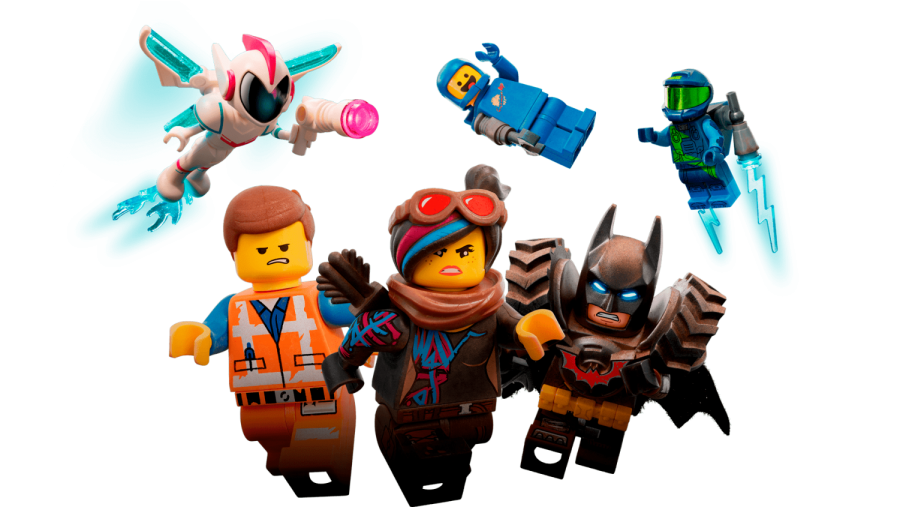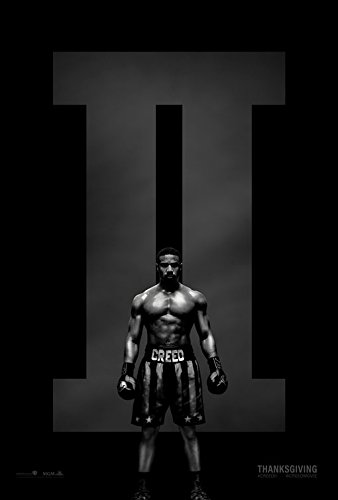While many young adult readers have been obsessing over The Hunger Games and Divergent, another highly underrated dystopian series has finished its run with the climactic Champion. Author Marie Lu closed her praised Legend trilogy on November 5 with the release of the final installment Champion. The novel follows Prodigy, the sequel to the first book in the series, Legend. While the other books have been fantastic, Lu has created a special and unique installment with Champion.
Champion takes place eight months after the tissue-worthy ending of Prodigy, with the main characters Day and June separated while the warring nations of the Republic and the Colonies are preparing for peace. Of course, this peace lasts all of two seconds before things start going very, very wrong. Under these circumstances, Day and June are reunited.
What Marie Lu has done in Champion is entirely different than the rest of the series. It appears she has finally found her groove, and we see that her writing has matured along with her characters. A flashy, teen-romance novel this is not. Champion becomes a political spectacle more so than its action-driven predecessors, as the first two-thirds of the novel follow the political patterns of two countries preparing for war. However, they are not the only ones at war. Day and June are having couple problems (although not as extreme as in Prodigy, thank goodness) and are often at war themselves. Lu weaves this plot expertly into the main conflict.
Lu explores the political sides of a relationship, the dynamics of give-and-take. Unlike other authors, who often have their main characters getting in the way of themselves, Lu presents the obstacles in a very omniscient way. She doesn’t present a clear right-or-wrong option, which really elevates the dynamic nature of her characters. By doing this, Lu avoids the cliched third book annoying character (i.e. Katniss and her constant whining about how bad her life is) and allows the story to unfold fluidly for the reader.
Again, the most striking feature of the book is its tone and maturity. Although the entire series was written within two years, the differences in the writing between the first and last installments are striking. Don’t misunderstand – the first book is incredibly well-written, but Champion is a tour de force. For some readers, the adult content may give the first two-thirds a bit of a lag, but the climax of the novel is entirely worth it, especially if you are a fan of the series.
Spoilers Ahead!
The true highlight was the end of the book. When a series comes to a close, authors face so much pressure from readers to create an ending that will satisfy everyone.
Lu delivers.
Of course if you are a fan of happily-ever-after, this is not the book for you. That being said, Lu does manage to leave the main characters alive, but at a cost.
When I finished the book, I wanted to staple my eyelids shut to stop the tears from flowing. In the final chapter, it is revealed that Day has survived his surgery but unfortunately cannot remember any recent memories due to the damage to his hippocampus. He has totally forgotten all that occurred in the past two books with the love of his life, June.
June makes the executive decision to not reveal her identity to him, in order to spare him the pain of remembering that she is the cause of his mother’s and brother’s death. Then Day moves to Antarctica.
This is the first major act of selflessness we see from June. Readers finally see her character arc complete. In the epilogue, June and Day do meet again, giving readers some hope for the future.
End Spoilers
Lu triumphantly finished her first series on a high note, ending the series in a way that was fulfilling, but also left something to be desired. Her writing style has matured along with her characters, and she effectively avoided the third-book cliches. Lu will return to the shelves with her Young Elites series in 2014. If her fast-paced, effortless style from Legend continues, there is no doubt she will be a champion among young adult authors.




